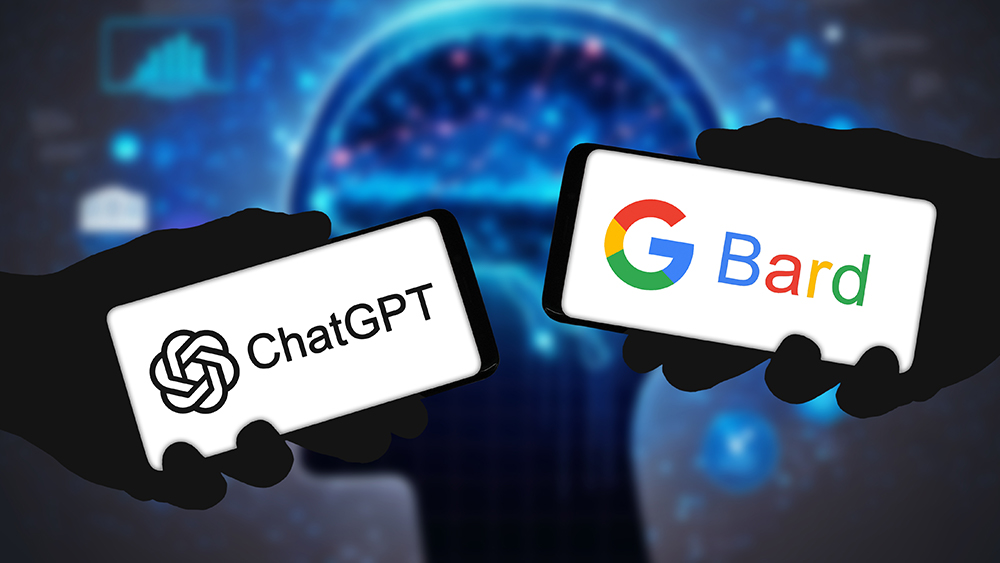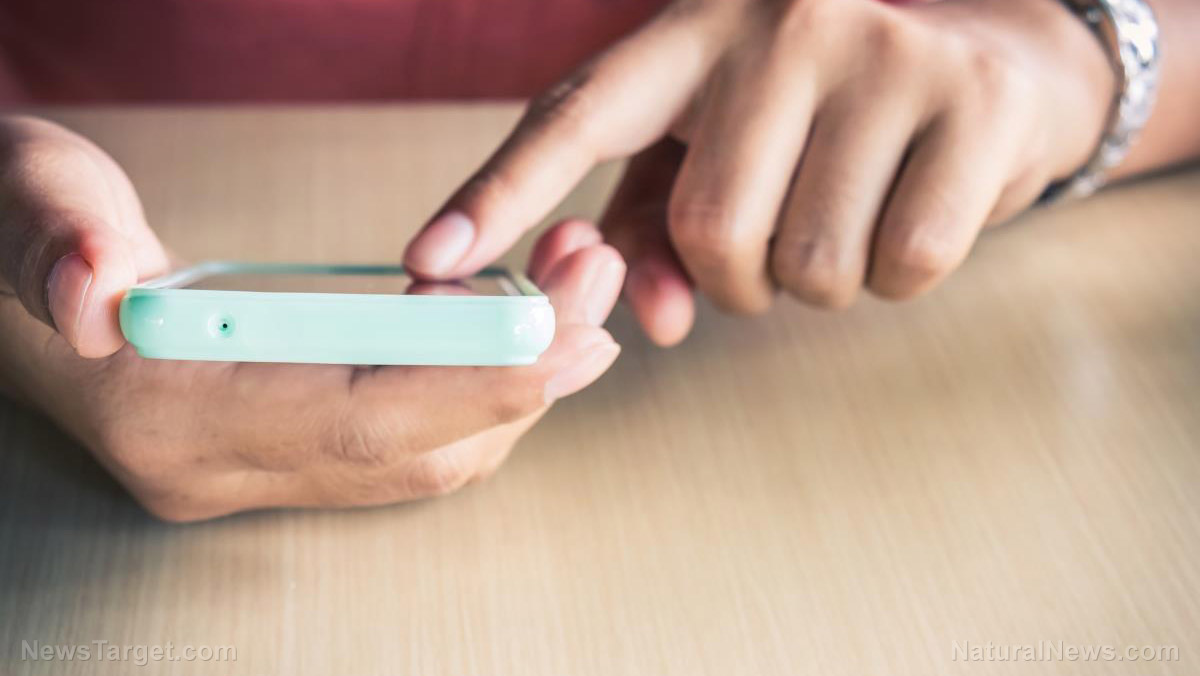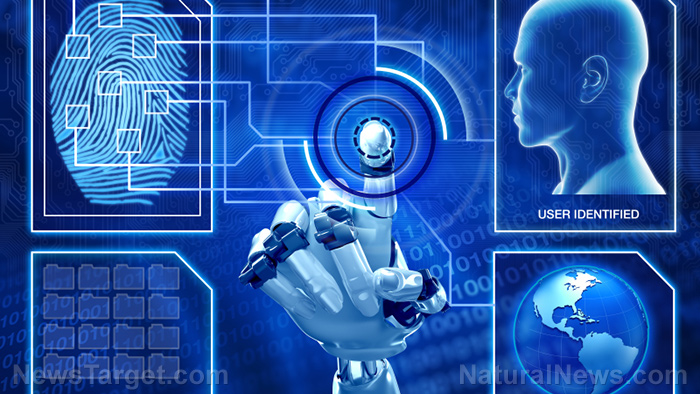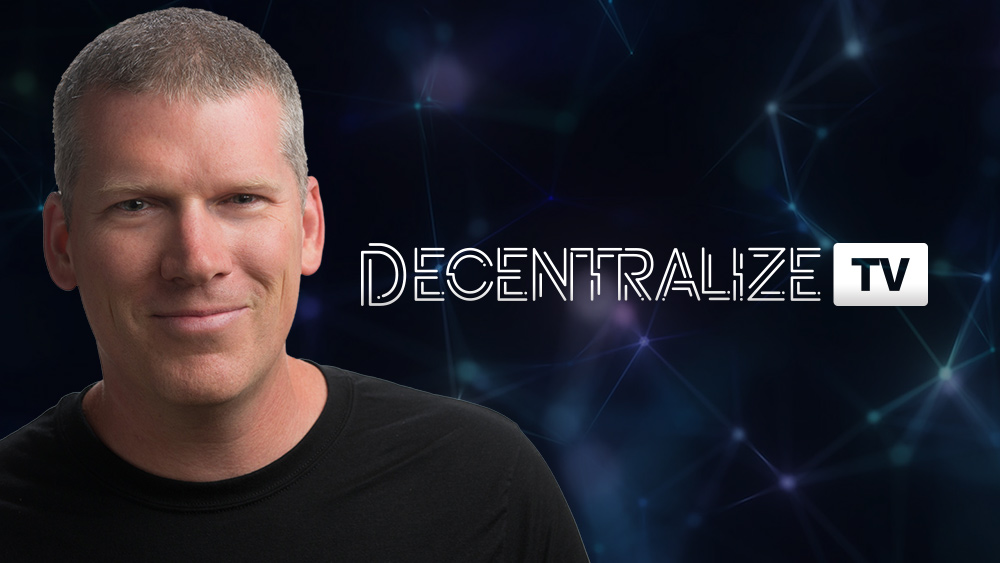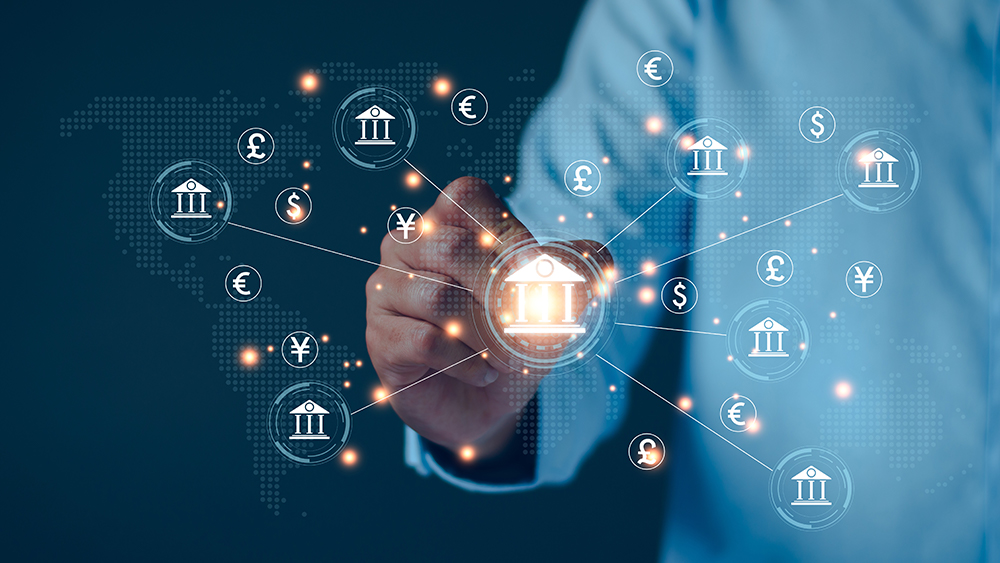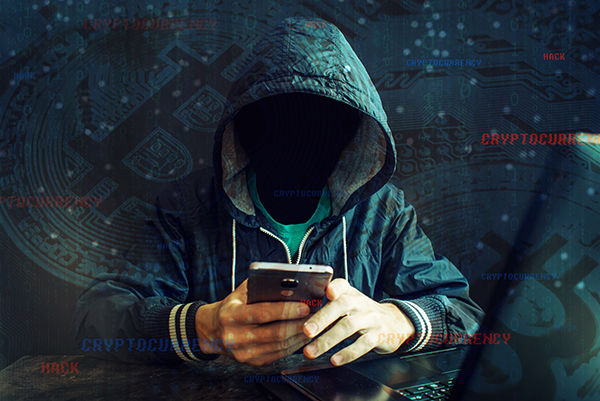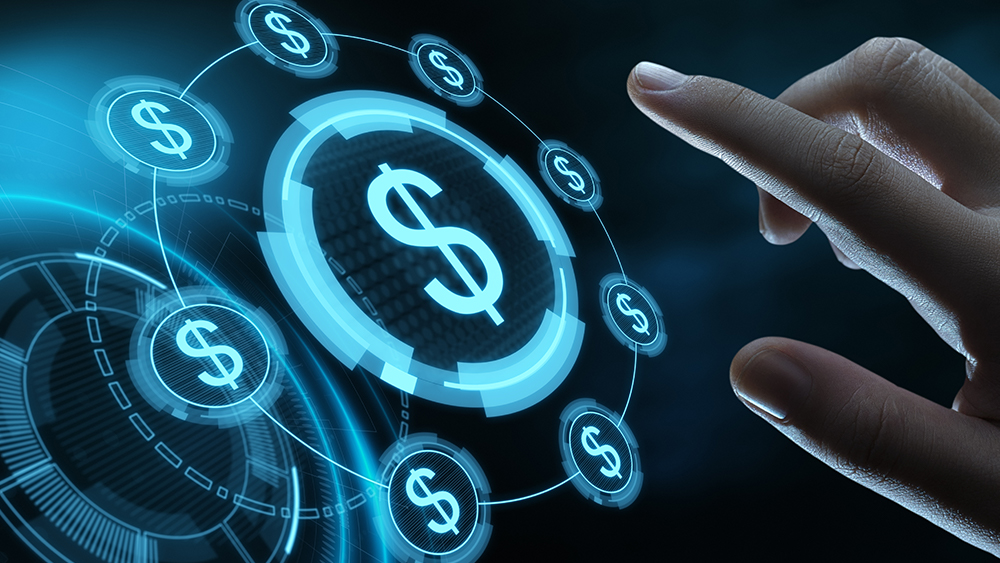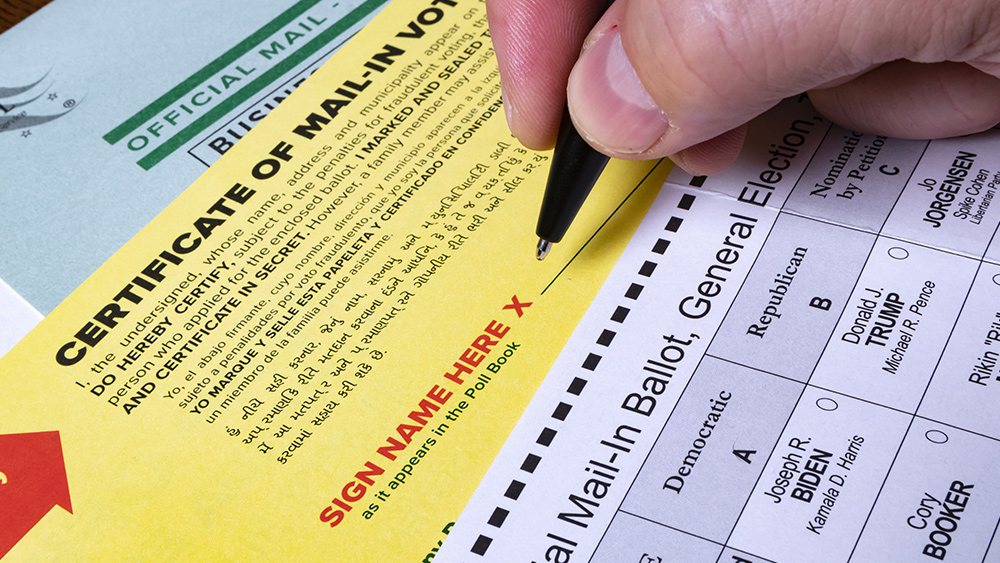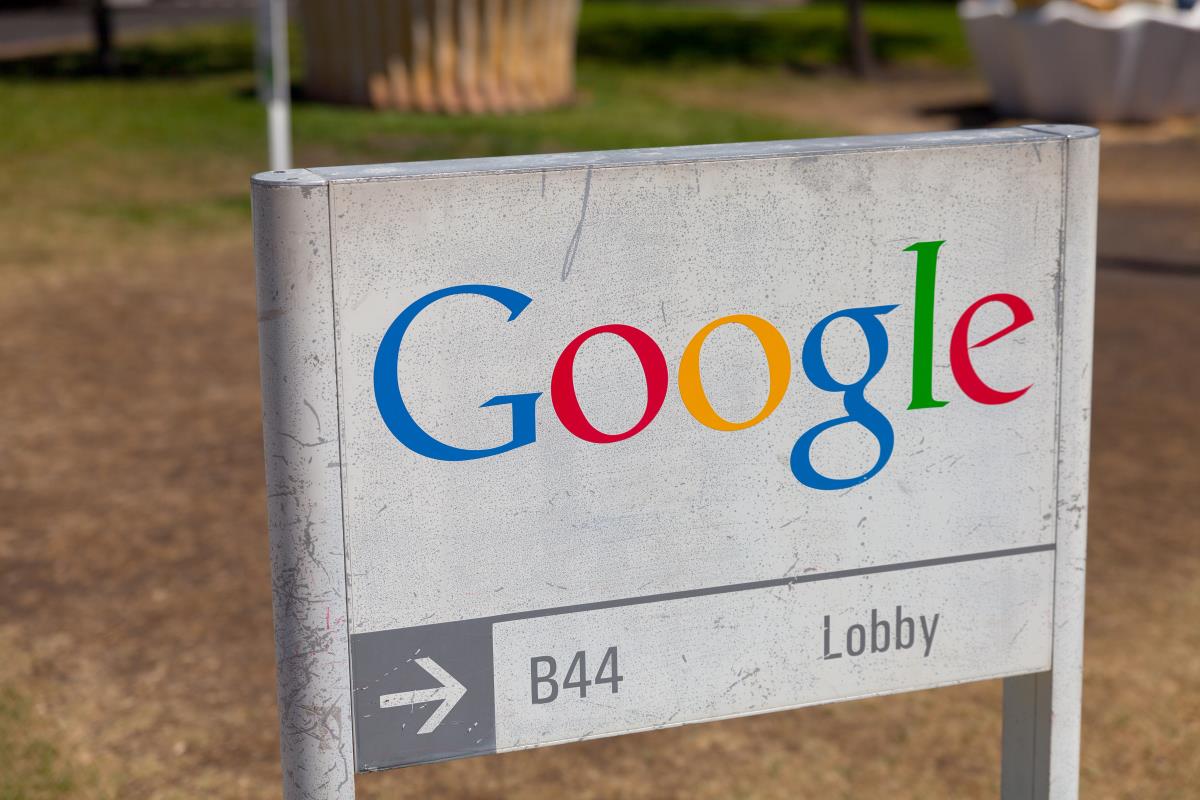OpenAI CEO launches iris-scanning crypto plan to “verify” every human being: “IT’S TIME”
08/01/2023 / By Ethan Huff
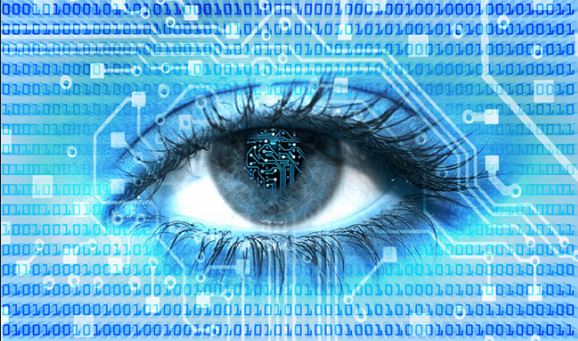
On July 24, OpenAI CEO Sam Altman launched a new project that aims to force all internet users to verify their identities online using an “iris-scanning,” artificial intelligence-driven cryptocurrency.
Known as Worldcoin, Altman’s dystopian project aims for a “World ID” ecosystem in which internet users can verify their identities online in a “decentralized” and “private” way – or so he says.
On July 23, the day before the official launch, Worldcoin tweeted the cryptic message: “It’s time.” This was the official announcement for Worldcoin, which first launched on March 14 alongside a waitlist for its software development kit, known as SDK.
“According to its team, the World ID will be a global digital passport that users can store on their phones,” reports explain.
“The project also claims that the World ID will prove they are not robots without needing to provide personal identifying information to websites, such as their phone number.”
(Related: Another AI corporate CEO says AI robots are already working as security guards, and will soon occupy roles like bartenders and nurses, too.)
There is already a fake Worldcoin circulating that performed a “rug pull” on users
On May 8, the Worldcoin project released a “gas-free” crypto wallet for verified humans allowing users to take advantage of gas-free transfers – meaning no added fees. This lure brought many users into the platform, which asks for either a phone number or an iris scan.
The claim is that the project does not store any such data provided by users. What it supposedly does is generate a zero-knowledge proof that can verify whether or not a user is human, all while keeping secret the data used to create the proof.
A number of crypto trading platforms have announced that they will be listing the $WLD token on their platforms. These include Binance, Bybit, OKX, Gate, and Huobi.
Meanwhile, a fake Worldcoin token has also emerged and performed a “rug pull,” according to blockchain security firm PeckShield. By rug pull, they mean the fake Worldcoin perpetrators stole a bunch of money from unsuspecting buyers who thought they were purchasing the real Worldcoin token.
Former Twitter CEO and Bitcoin supporter Jack Dorsey tweeted about the project in opposition, stating that “at no time should a corporation or state own any part of the global financial system.” Dorsey would apparently rather the global financial system remain under the exclusive control and direction of private central bankers.
As of this writing, more than two million people have signed up for World ID. After reaching the two-million mark, Altman tweeted the following:
“the goal is simple: a global financial and identity network based on proof of personhood. This feels especially important in the AI era … i’m hopeful worldcoin can contribute to conversations about how we share access, benefits, and governance of future AI systems.”
Altman would add in a separate tweet that he hopes the two million people who signed up during Worldcoin’s “beta” will eventually balloon into two billion people “now!”
As of May 25, the project secured $115 million to support its decentralized ID system and crypto wallet called the World App. The team took advantage of all the talk about creating a “decentralized, privacy-preserving solution” to the rise of AI that will supposedly protect humanity online and allow people to take control of their own identities.
Ethereum co-founder Vitalik Buterin commented on the launch of Worldcoin, stating that he believes it can be used to distribute universal basic income (UBI) in the future using proof-of-personhood protocols to do it.
The latest news about the AI takeover of the world can be found at Glitch.news.
Sources for this article include:
Submit a correction >>
Tagged Under:
AI, artificial intelligence, Bubble, computing, conspiracy, cryptocurrency, cyber war, deception, finance riot, future science, future tech, Glitch, information technology, inventions, iris-scanning, money supply, OpenAI, Orwellian, privacy watch, risk, Sam Altman, surveillance, World App, World ID
This article may contain statements that reflect the opinion of the author
RECENT NEWS & ARTICLES
COPYRIGHT © 2017 COMPUTING NEWS



